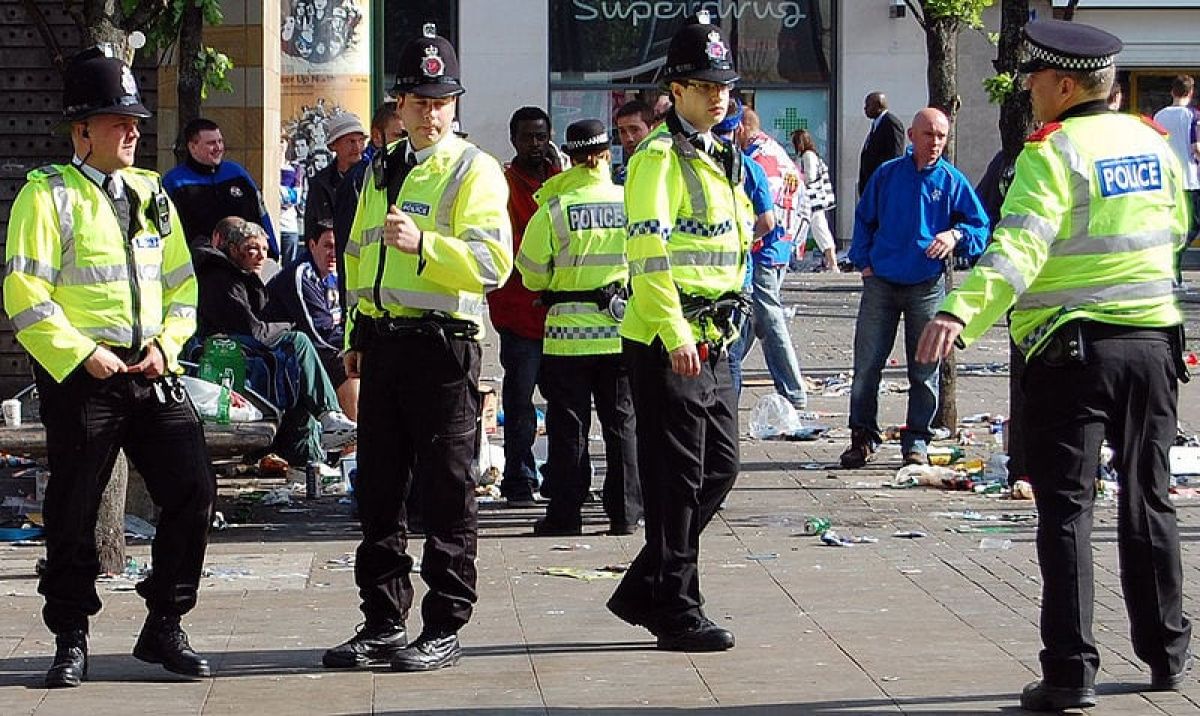
The Chief Constable of Greater Manchester Police Ian Hopkins has been forced to deny that his organisation has lost control of the streets after a fresh wave of concerns over safety in the city.
An investigation by the Manchester Evening News into the presence of youth gangs in the Hyde found that incidents involving theft and assault at the hands of school-aged thugs were a regularity for citizens in the area.
Residents appeared dissatisfied with the continuation of the problem which has reportedly escalated into the vandalising of property and use of knives by gang members for self-defence.
Although the continuous nature of these incidents appears to be isolated to Hyde itself, the criticism of the police response has drawn questions of the ability of the force to handle the substantial crime scene in and around Manchester.
A review by the Office for National Statistics found a 41 per cent increase in crime-related incidents in Greater Manchester from September 2016 to September 2017.
Hopkins was forced to admit that the impact of national cuts on the force was behind the reduction in response to and focus on smaller instances of crime.
The Chief Constance identified that “murders, serious sexual offences, and terrorism'” are now the priority for the Police.
Seven years of cuts have been argued to have seriously affected the funding of the police force and seen a significant decrease in a number of officers available to reach crime scenes.
With around 2,000 fewer officers, Hopkins has insisted that the force has reshaped in certain ways to deal with the effects of cuts, including new technologies.
Hopkins remains confident in the ability of the force to serve the Greater Manchester area adequately.
He said: “We are absolutely committed to reducing the impact of these cuts on the people of Manchester and have transformed the way that we work to ensure we are providing the best possible service.
“By working with partners, we are able to look at crime ‘hotspots’ and recurring problems in the area, understanding the wider issues around them and putting in place long-term solutions.
“We have already introduced smartphones and tablets for frontline staff to enable them to spend more time out in the community, and are transforming the way we work with a new operational policing system.
“With fewer officers, we are having to make really difficult decisions and prioritise where to send our resources based on threat, harm and risk, but we will continue to do all we can to keep the streets of Greater Manchester safe.”
A previous investigation by The Mancunion found that students who were affected or concerned by safety issues, particularly in and around South Manchester, increasingly relied on social media groups for information, as opposed to the police or other official channels.







